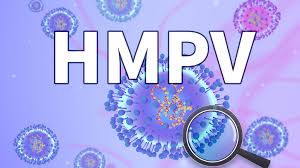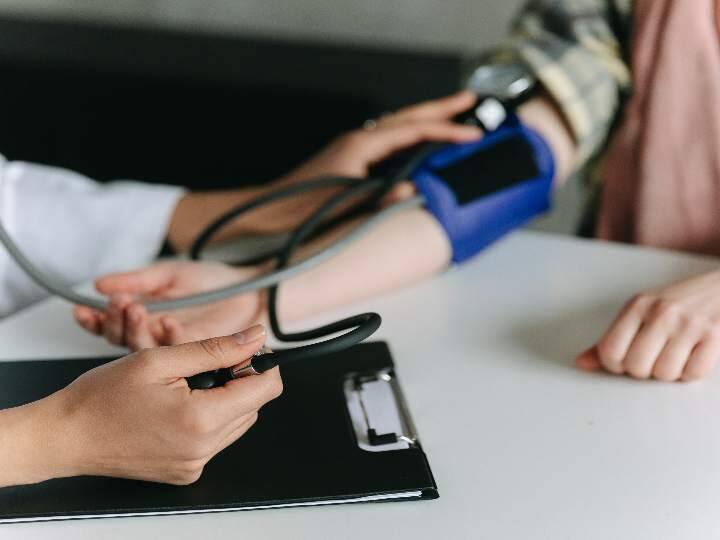The Silent Killer: What Happens When You Don’t Get Enough Sleep
- ByAakriti Garg
- 05 Feb, 2025
- 0 Comments
- 2

Sleep is a fundamental pillar of health, just like diet and exercise. Yet, many people sacrifice sleep for work, entertainment, or other responsibilities, not realizing the serious consequences it can have on the body and mind. Lack of sleep doesn't just leave you feeling tired—it can affect almost every system in the body, leading to short-term impairments and long-term health risks.
When you don’t get enough sleep, your brain is the first to suffer. Cognitive functions like memory, concentration, and problem-solving become sluggish, making it harder to focus and retain information. Sleep deprivation also affects mood, increasing irritability, stress, and even the risk of developing anxiety and depression. Over time, chronic sleep loss can contribute to more serious mental health issues.
Physically, sleep deprivation weakens the immune system, making you more susceptible to illnesses like colds and infections. It also disrupts metabolic functions, leading to an increased risk of obesity and diabetes. Sleep regulates the hormones that control hunger and appetite, so when you don’t sleep enough, your body craves unhealthy, high-calorie foods, contributing to weight gain.
Heart health is another major concern. Studies have linked poor sleep to high blood pressure, heart disease, and an increased risk of stroke. Sleep is essential for repairing blood vessels and maintaining proper heart function, so chronic deprivation can put excessive strain on your cardiovascular system.
Additionally, lack of sleep affects physical coordination and reaction time, increasing the likelihood of accidents and injuries. Sleep-deprived individuals are more prone to car crashes and workplace mishaps due to impaired alertness and delayed reflexes.
In the long run, chronic sleep deprivation can shorten lifespan and contribute to neurodegenerative diseases like Alzheimer’s. Prioritizing sleep is crucial for overall well-being, and experts recommend 7–9 hours per night for optimal health.
Post a comment
Why Fasting Why Is Actually Good for You!
- 31 Mar, 2025
- 2
HMPV Symptoms and Prevention: Stay Informed
- 05 Jan, 2025
- 2
Tired & foggy lately? This vitamin might be the reason
- 17 Apr, 2025
- 3
Why Doctors Recommend Room-Temp Water When It’s 40°C Outside.
- 15 Apr, 2025
- 2
Experts Warn: Winter's Effect on Blood Pressure
- 12 Jan, 2025
- 2
Categories
Recent News
Daily Newsletter
Get all the top stories from Blogs to keep track.

















